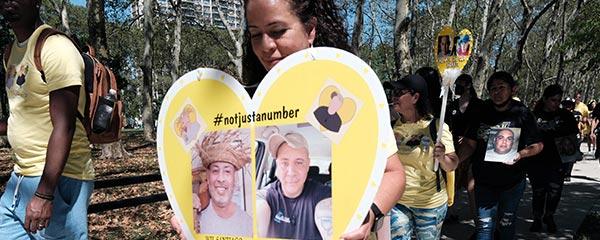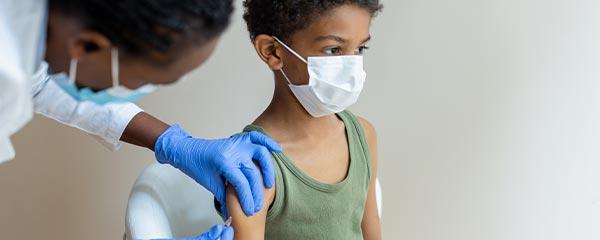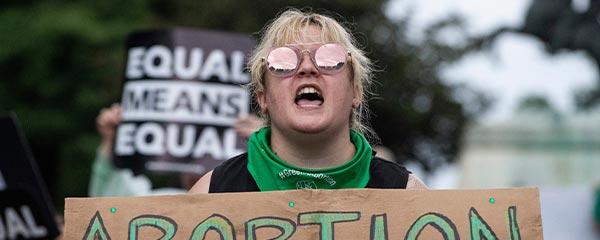Story Highlights
- 14% of U.S. parents of children under age 5 say child has received vaccine
- 52% of parents of children aged 5 to 18 say their child is vaccinated
- 55% of Americans have tested positive for COVID-19 or think they've had it
WASHINGTON, D.C. -- A recent Â鶹´«Ã½AV poll finds that 14% of U.S. parents of children under age 5 say their child has received a COVID-19 vaccine. This comes about two months after the U.S. Food and Drug Administration authorized emergency use of vaccines for children in this age group.
While relatively few children this young have been vaccinated thus far, 29% of parents say they plan to have their child immunized. However, a solid 57% majority do not intend to do so.
In contrast, 52% of parents of children aged 5 and older say their child has been immunized against COVID-19, while 4% still plan to do so and 44% do not.
These findings are from a July 26-Aug. 2 update to Â鶹´«Ã½AV's probability-based COVID-19 web panel poll. It was conducted more than a month after the FDA approved the use of the Pfizer-BioNTech and Moderna COVID-19 vaccines for children aged 6 months to 4 years.
Past Â鶹´«Ã½AV data suggest that vaccine uptake within younger populations typically trails that of older age groups about a month after the vaccines become available to them. Roughly a month after 16- to 18-year-olds and 12- to 15-year-olds became eligible to receive a COVID-19 vaccination, about four in 10 parents said their child had already been immunized and just under one in five said they were planning to. Fewer parents of those aged 5 to 11 (31%) reported their child had received a COVID-19 vaccine a month after they were cleared to do so, but another 21% said they planned to.
COVID-19 Infection Rate Much Higher Among Unvaccinated, Unboosted Americans
As COVID-19 continues to mutate and variants of the virus are sweeping through the nation, 55% of U.S. adults overall report they have either tested positive for the disease (41%) or believe they were infected but didn't test positive (14%). Meanwhile, 45% of Americans say they have never tested positive.
Although COVID-19 vaccines are not a guarantee against infection, officials from the Centers for Disease Control and Prevention recommend them as effective at protecting against serious illness, hospitalization and death. Still, self-reported infection rates show that fully vaccinated adults who have received a booster shot are significantly less likely than those who have not gotten a booster shot or any COVID-19 vaccines to report testing positive or believe they have had the disease.
Bottom Line
While the COVID-19 pandemic continues to plague the nation and Americans are more pessimistic about its trajectory than they were in the spring, parents of young children are not yet rushing to have them vaccinated. This may be owed to parents' concern about how the vaccine will affect their child or the fact that the risk of serious disease in children remains low as compared with adults.
Still, the public largely expects at least a moderate increase in cases in the fall and winter months -- which, should it happen, may change parents' minds about vaccinating their young children.
To stay up to date with the latest Â鶹´«Ã½AV News insights and updates, .
Learn more about how the works.




